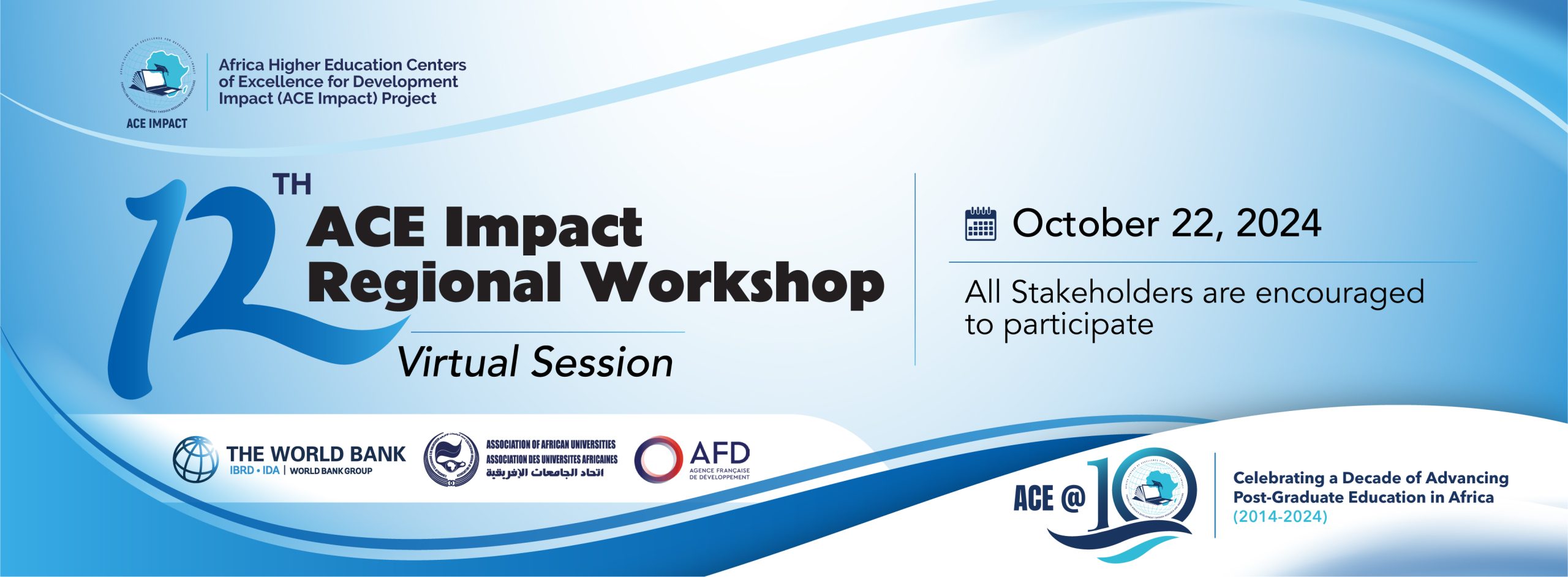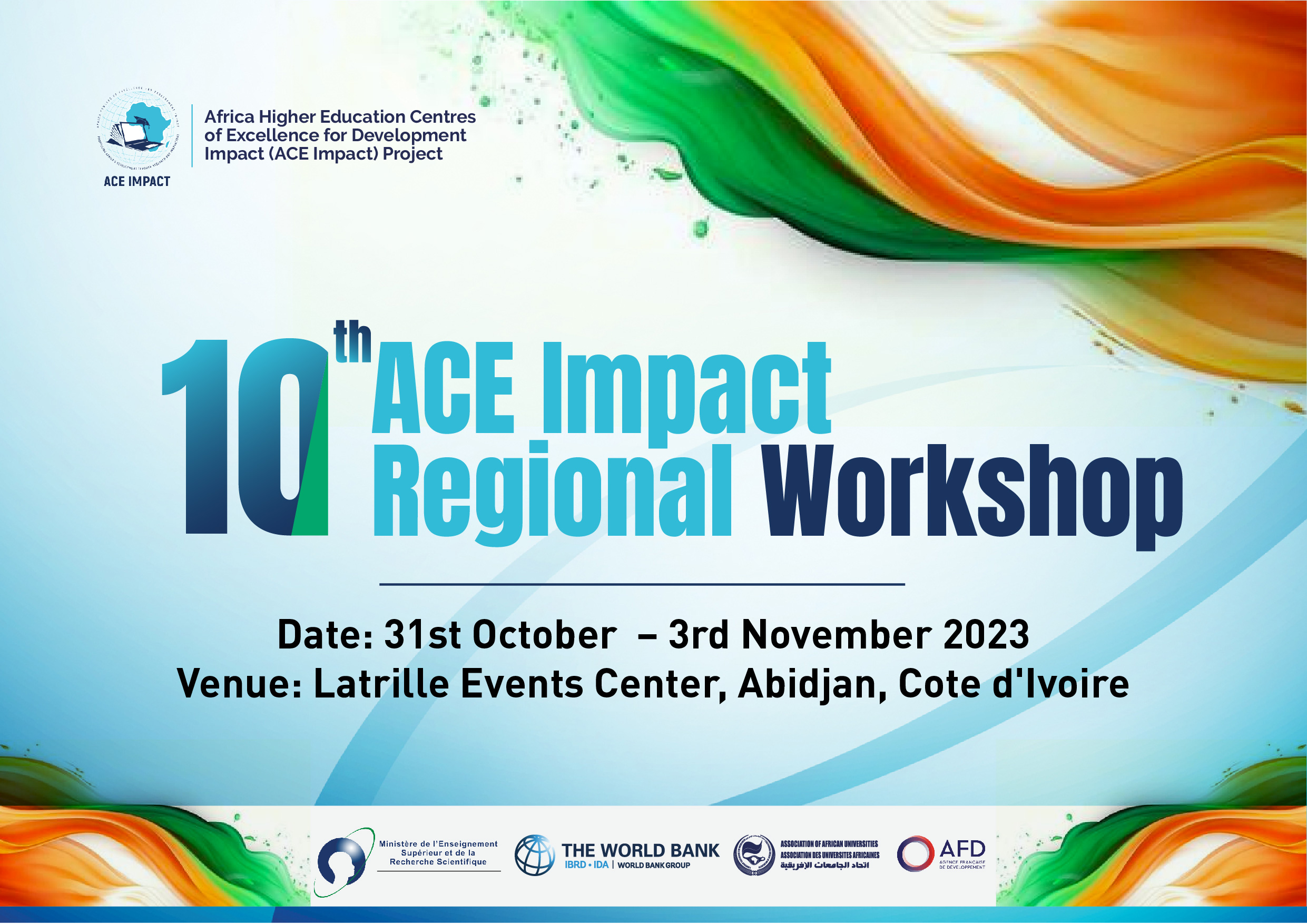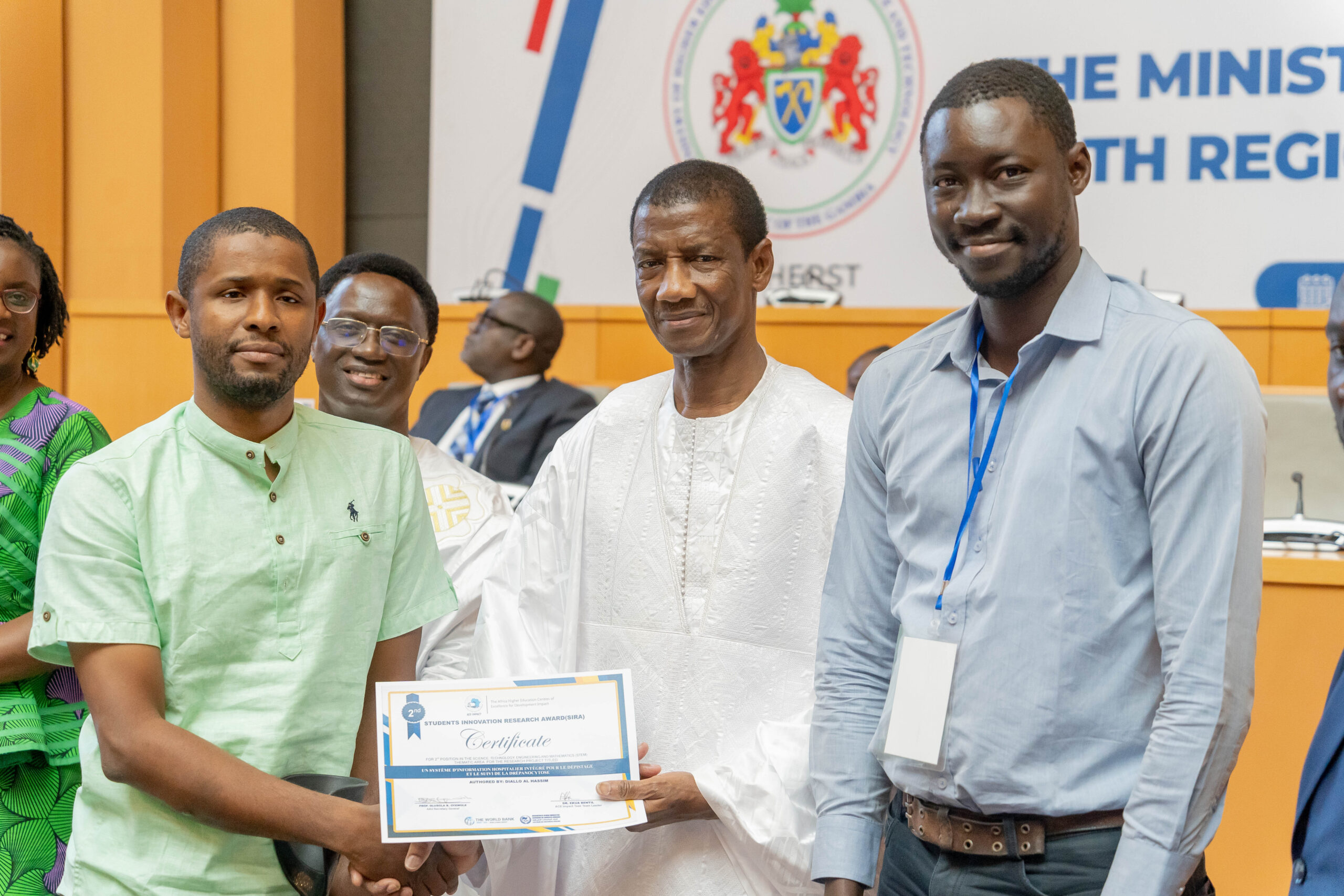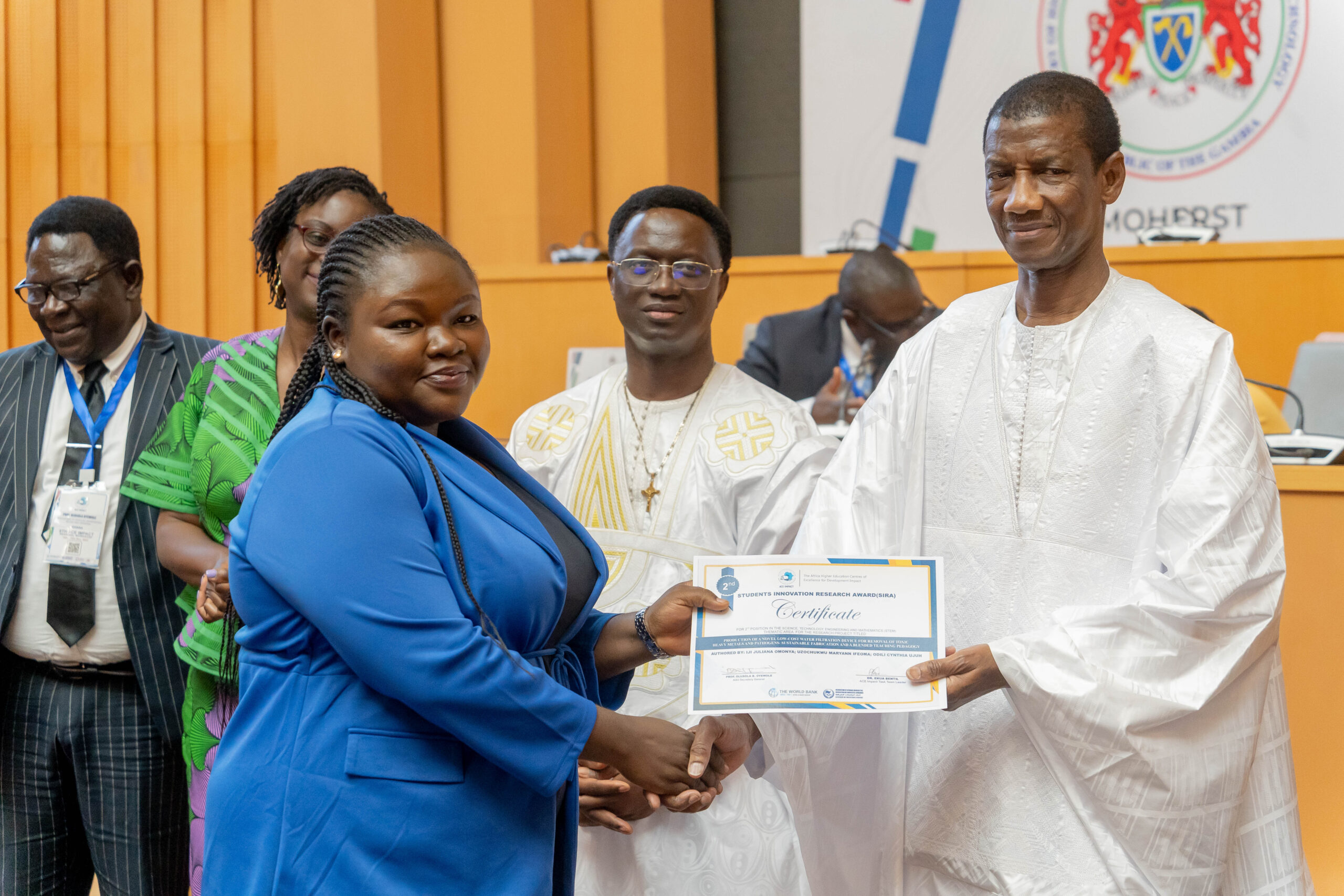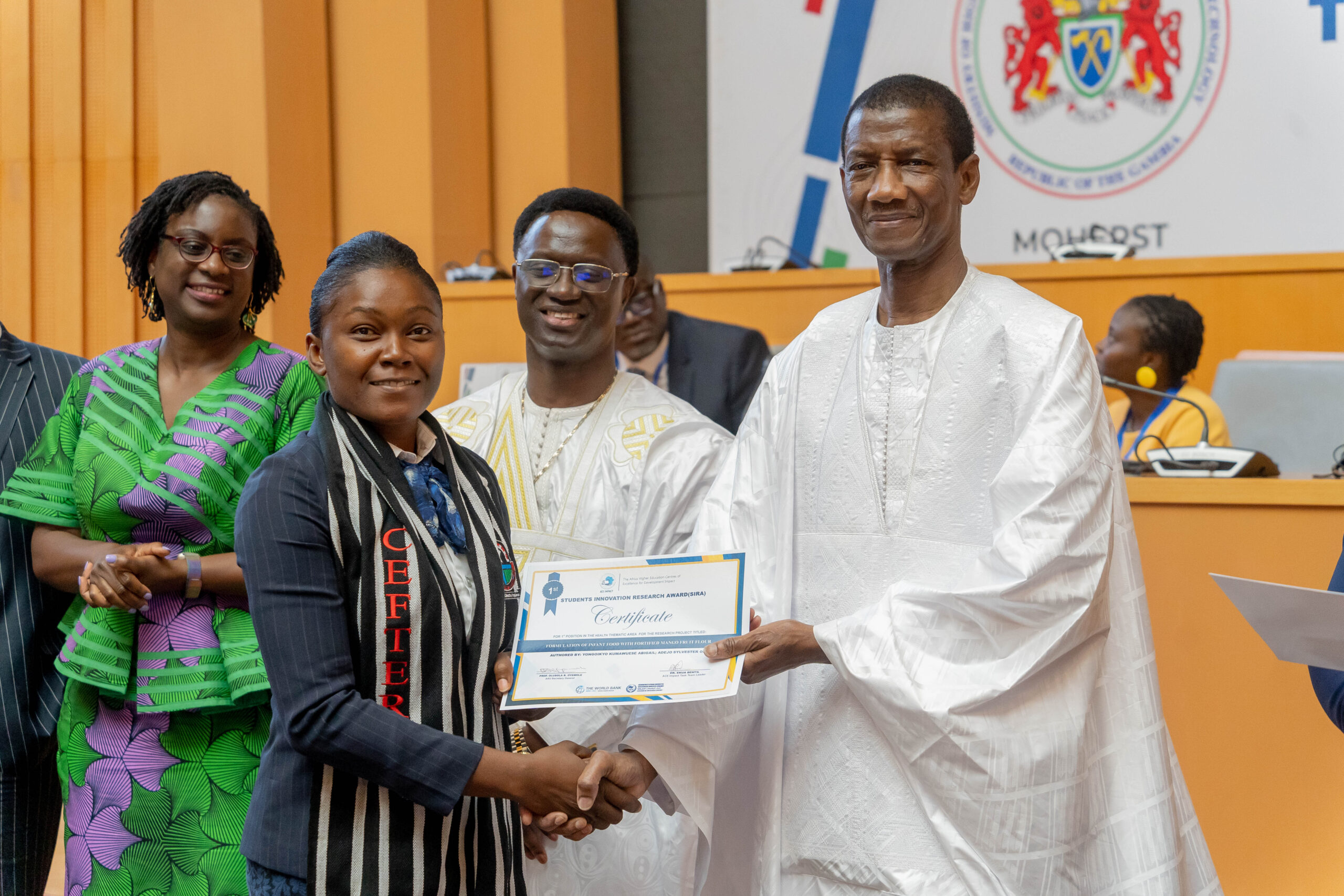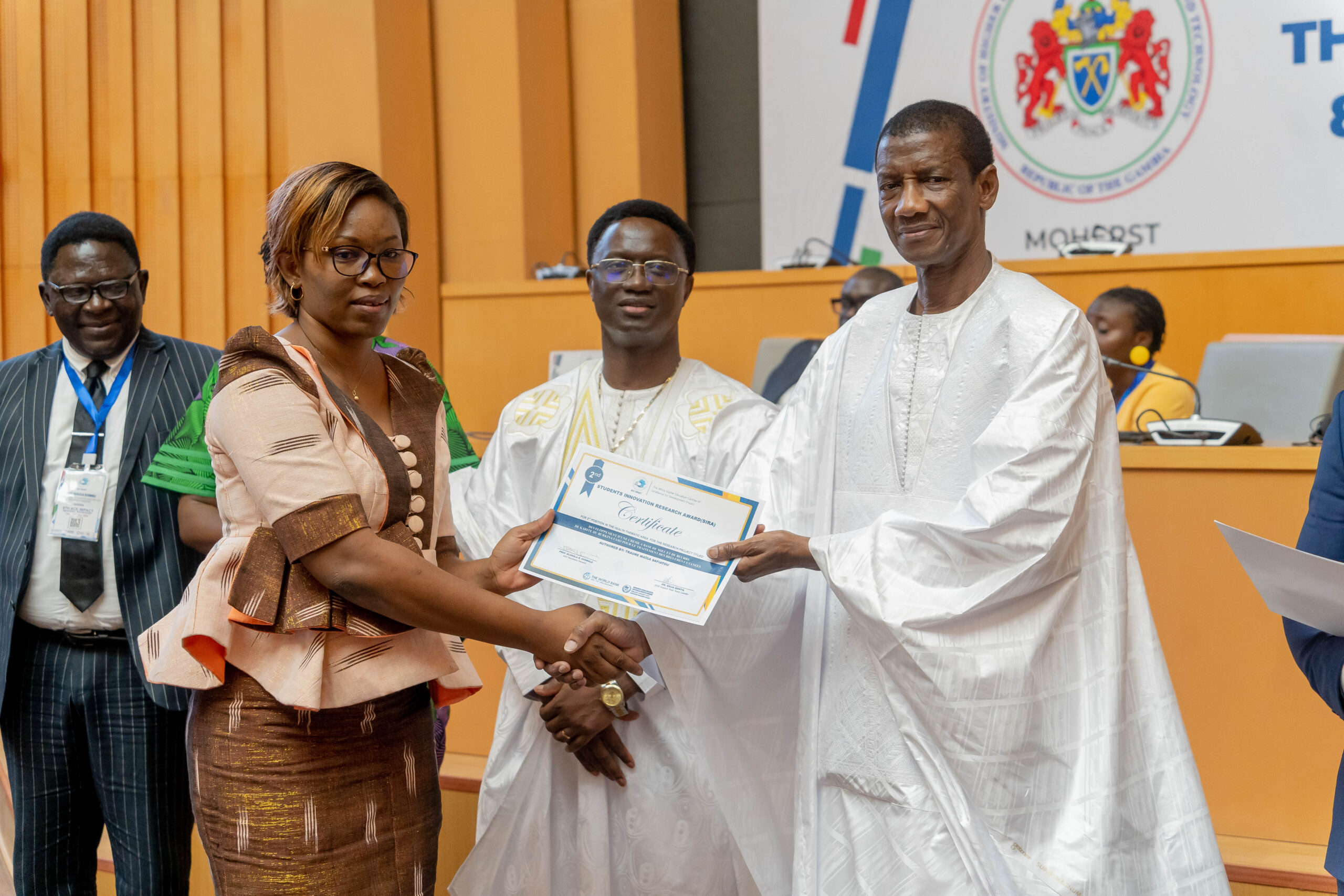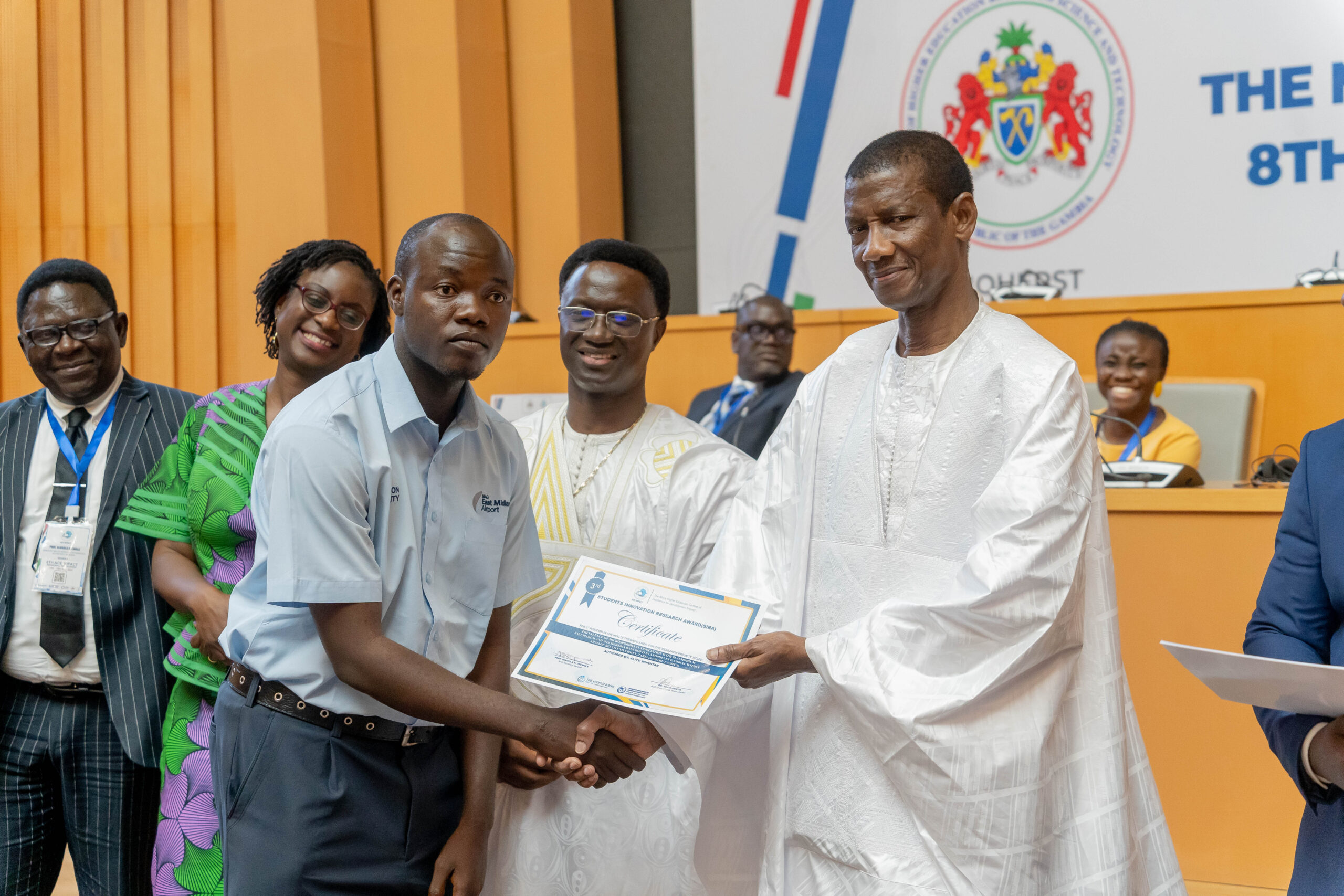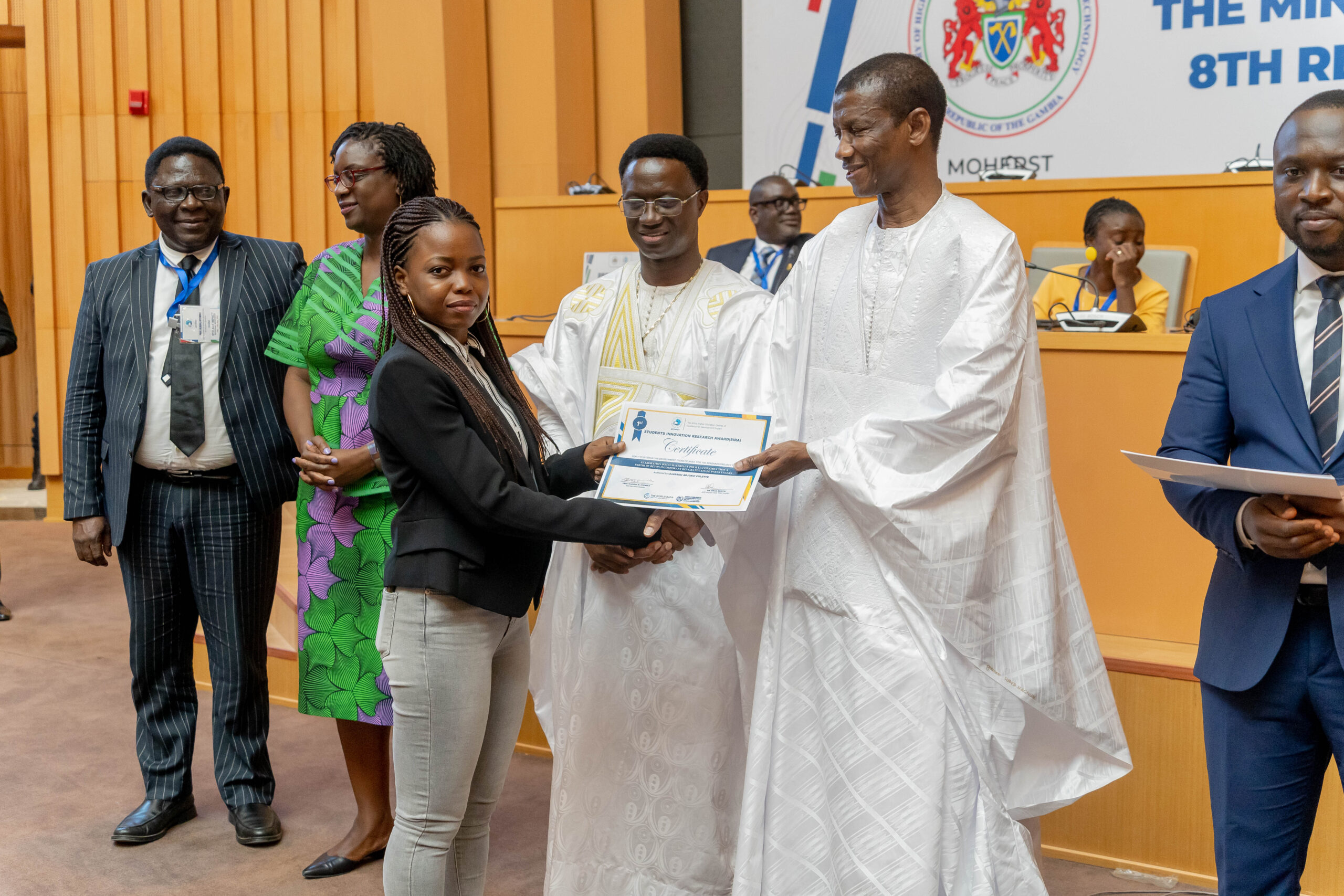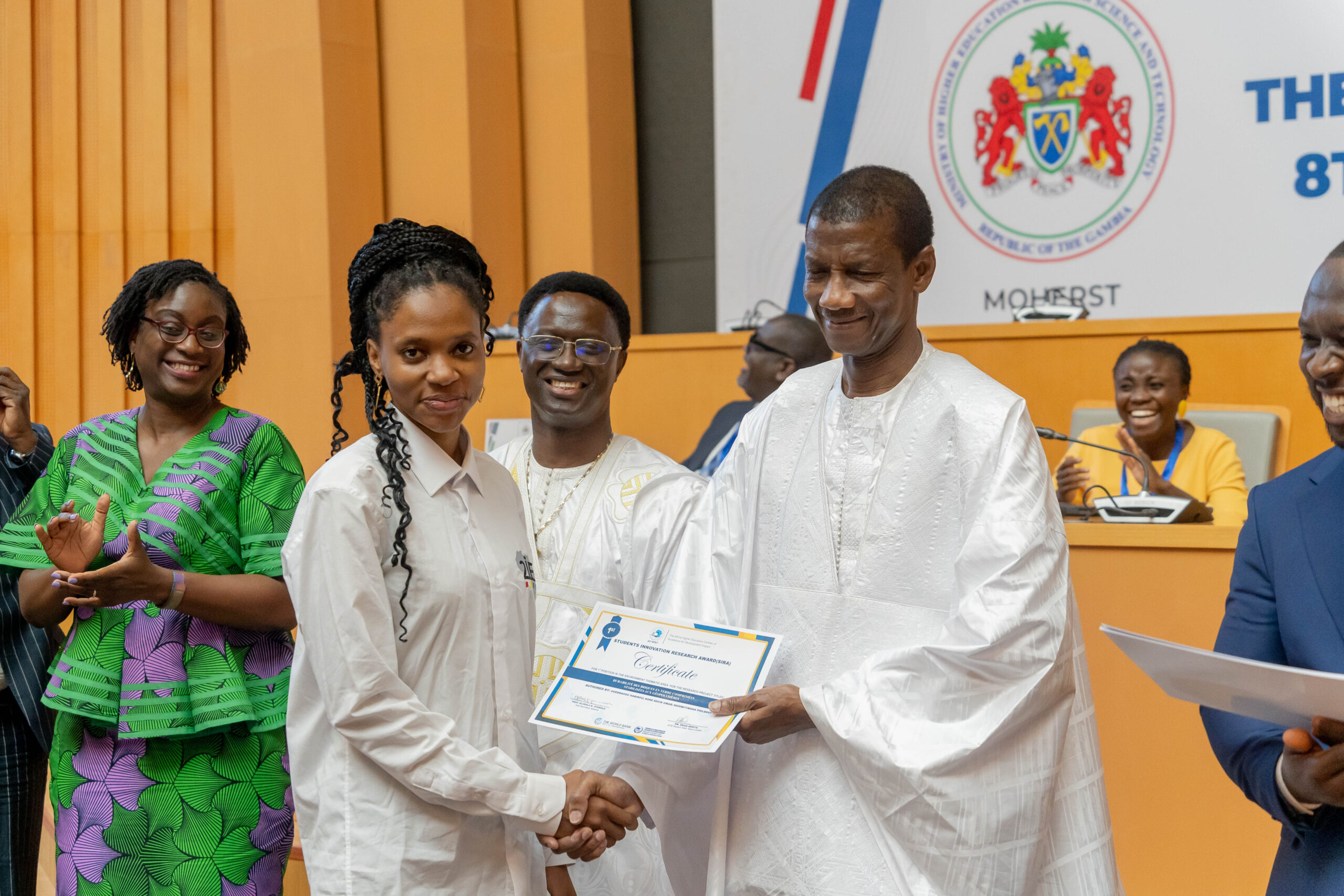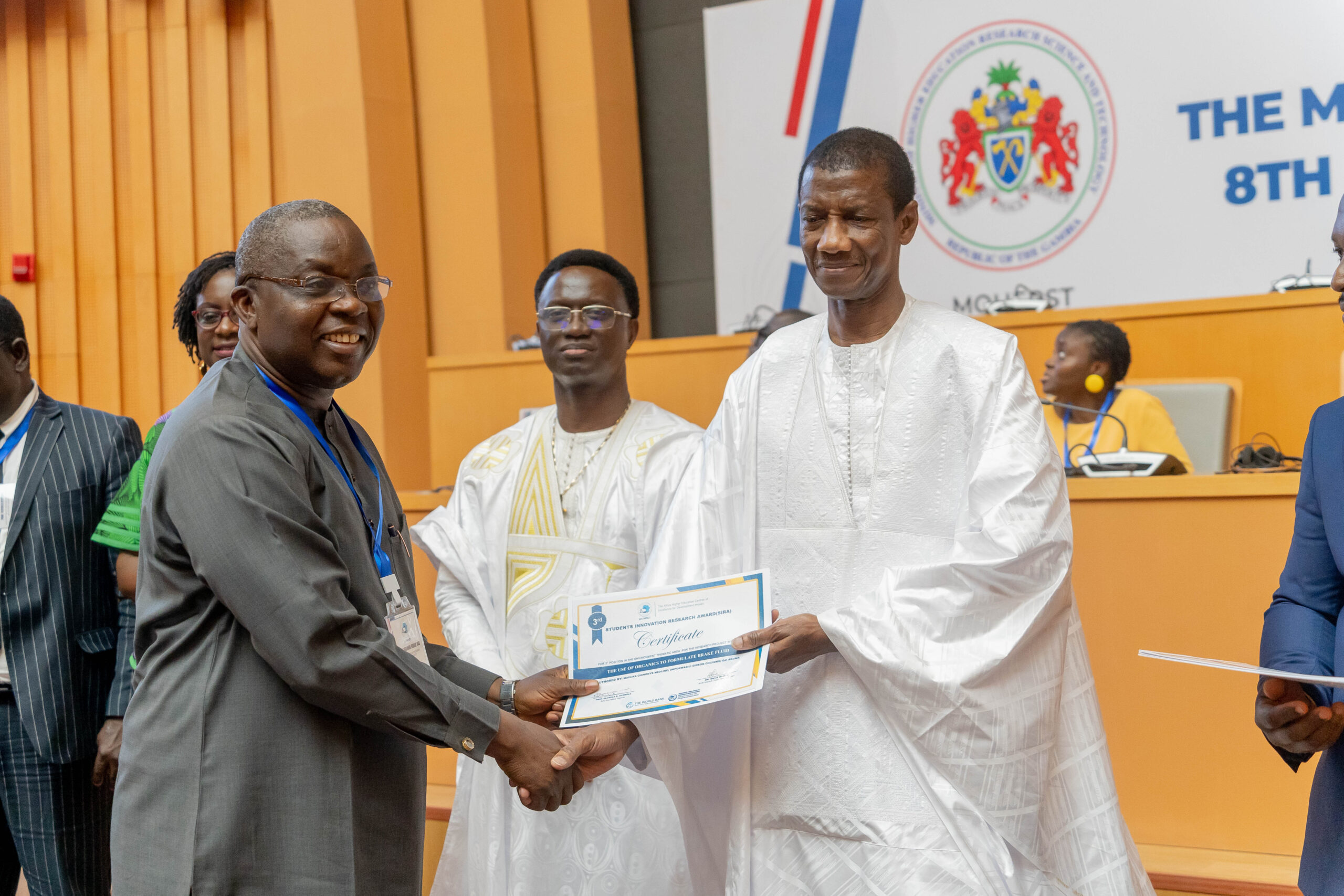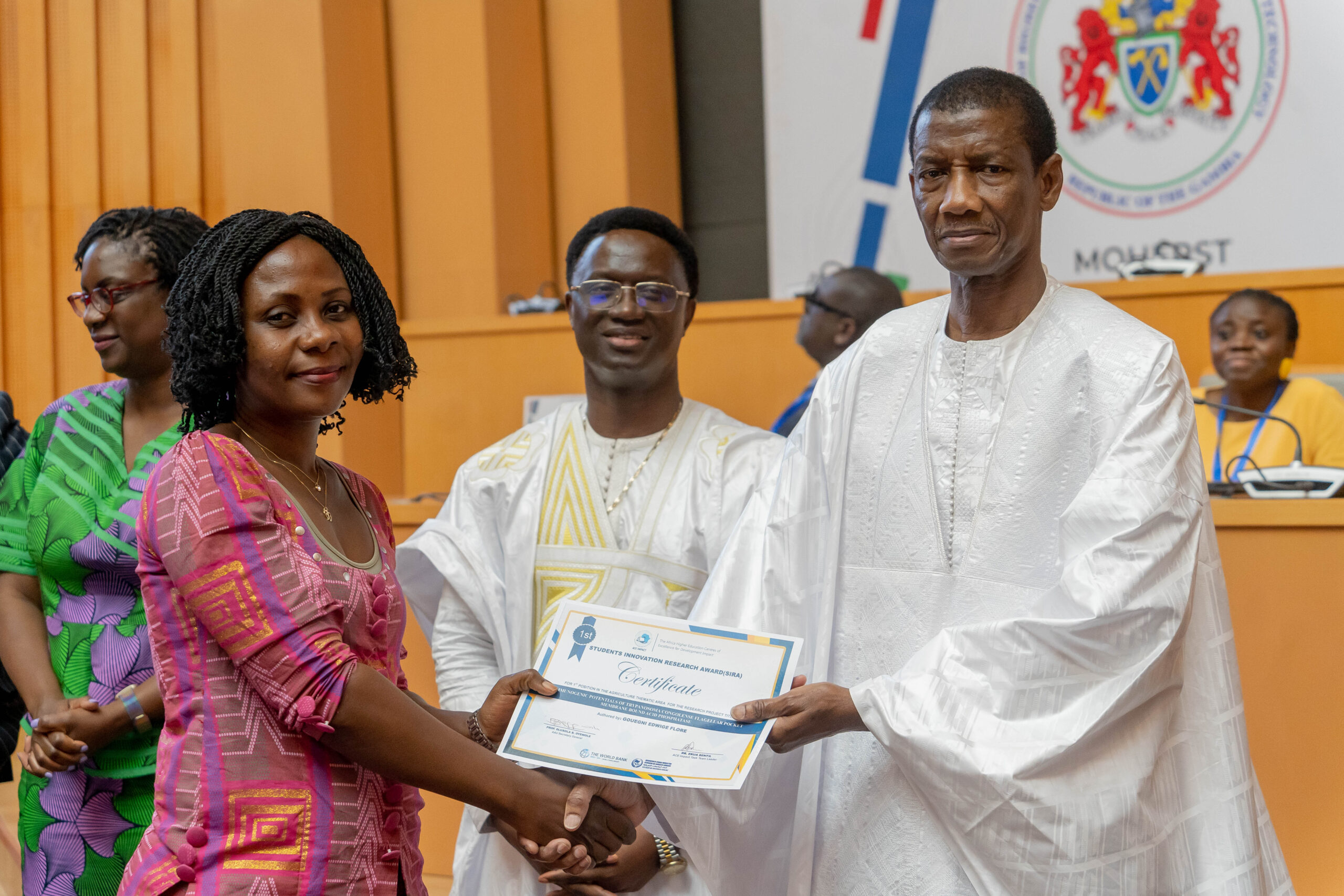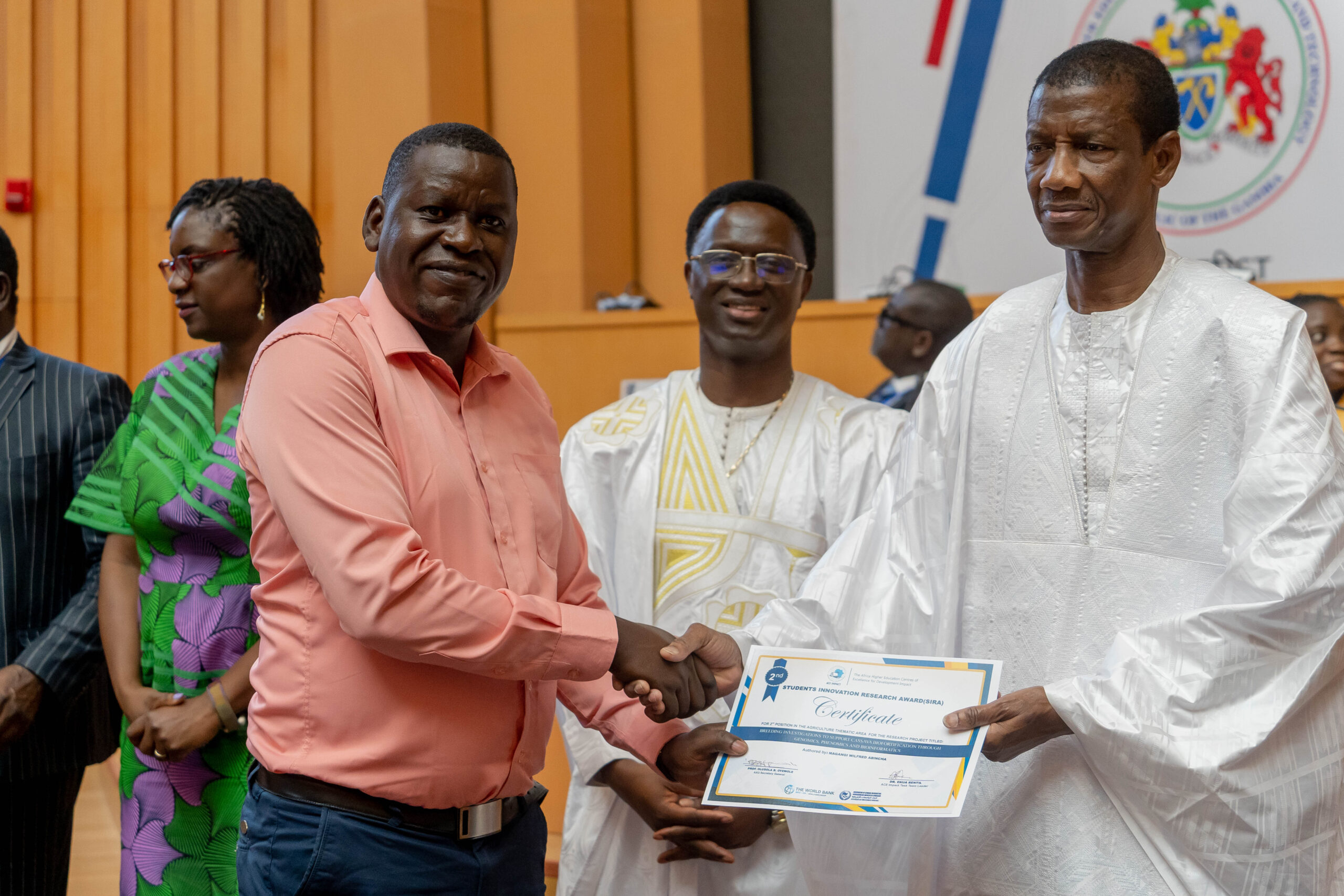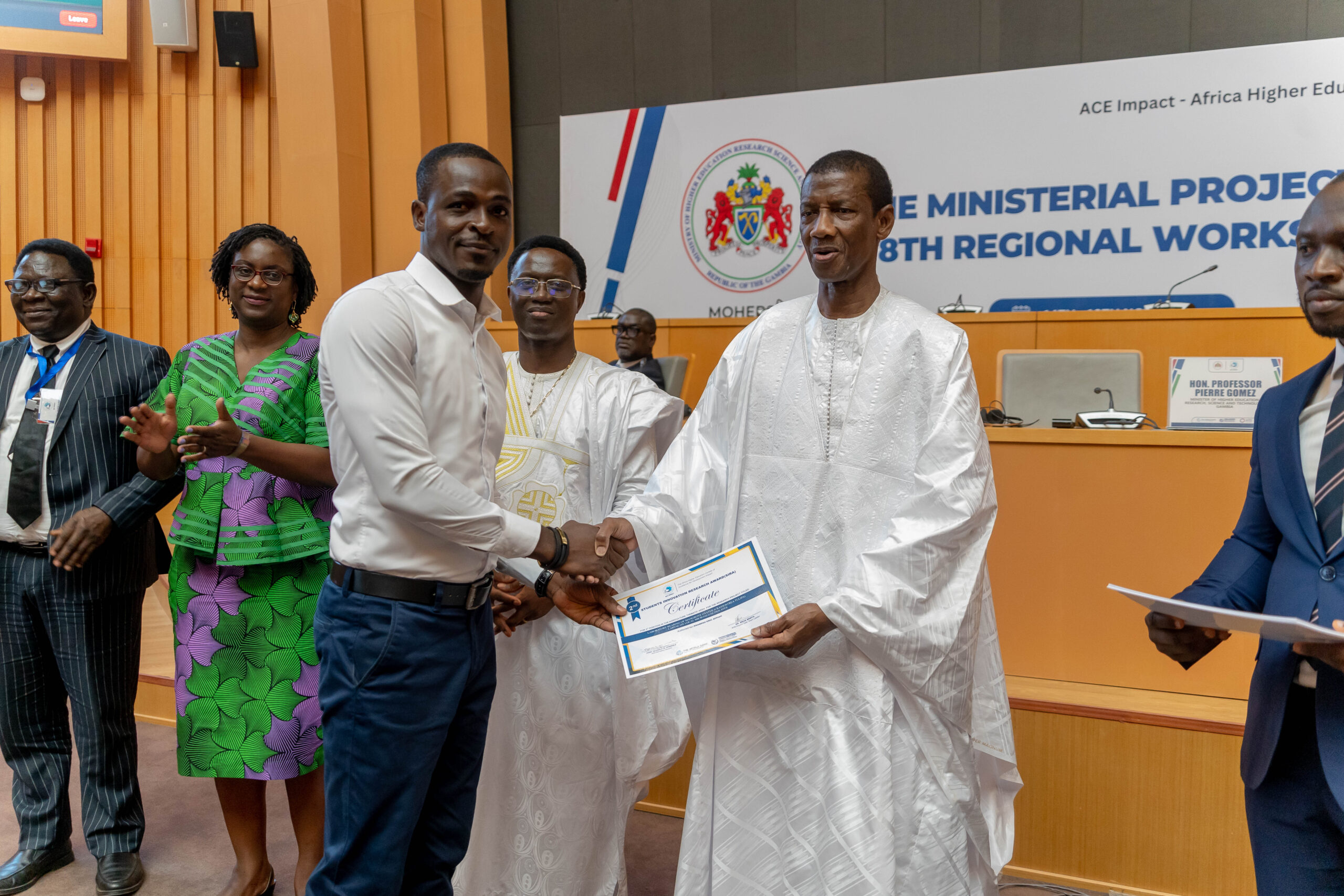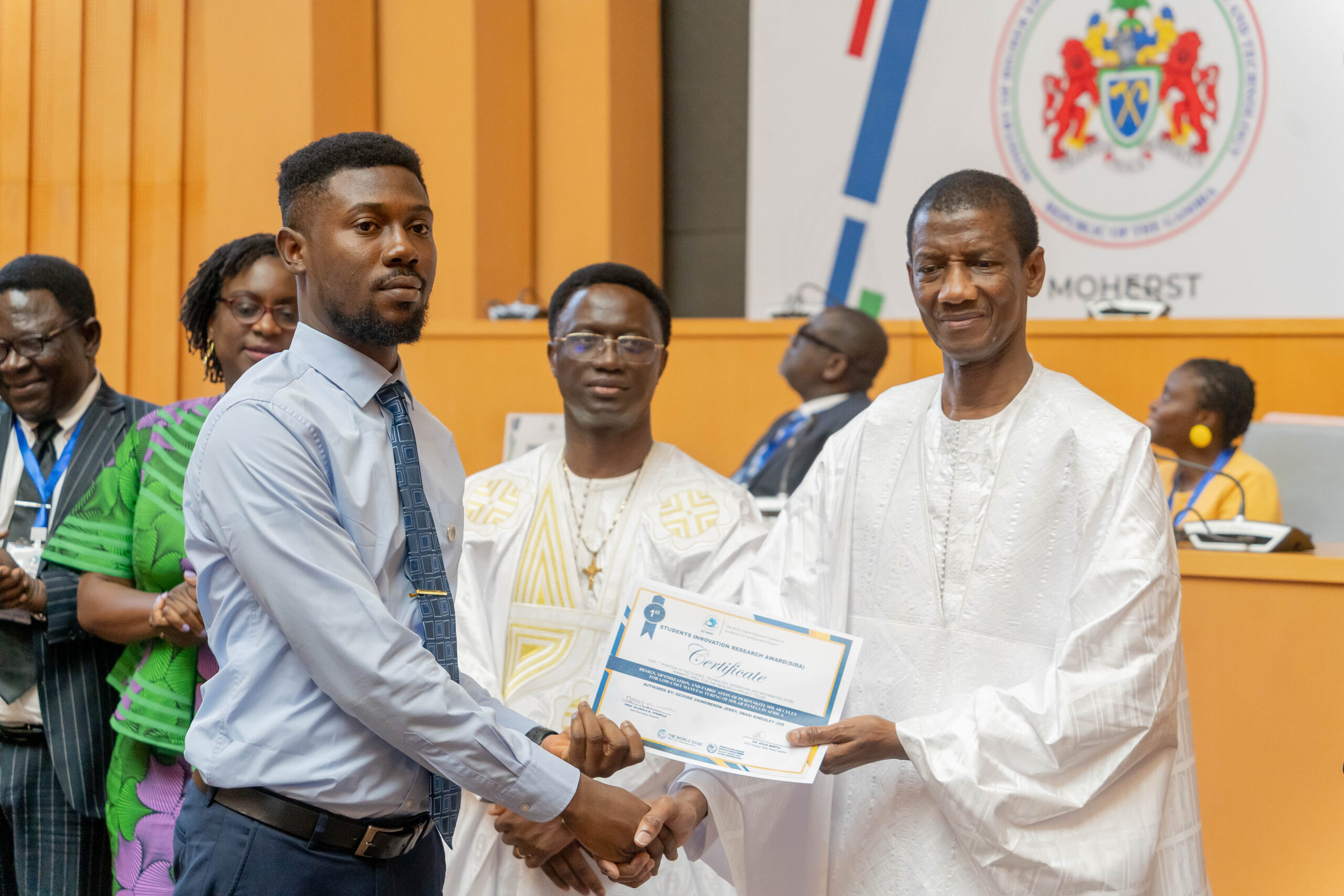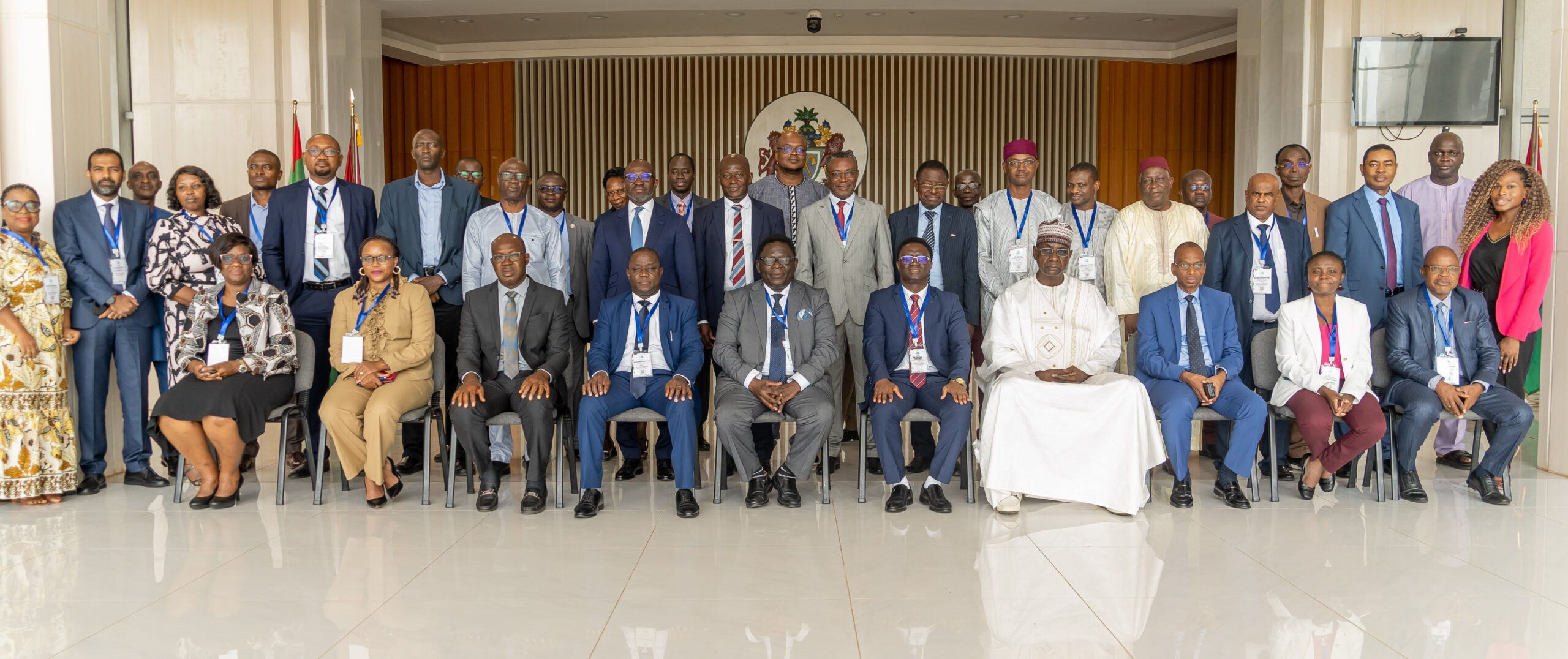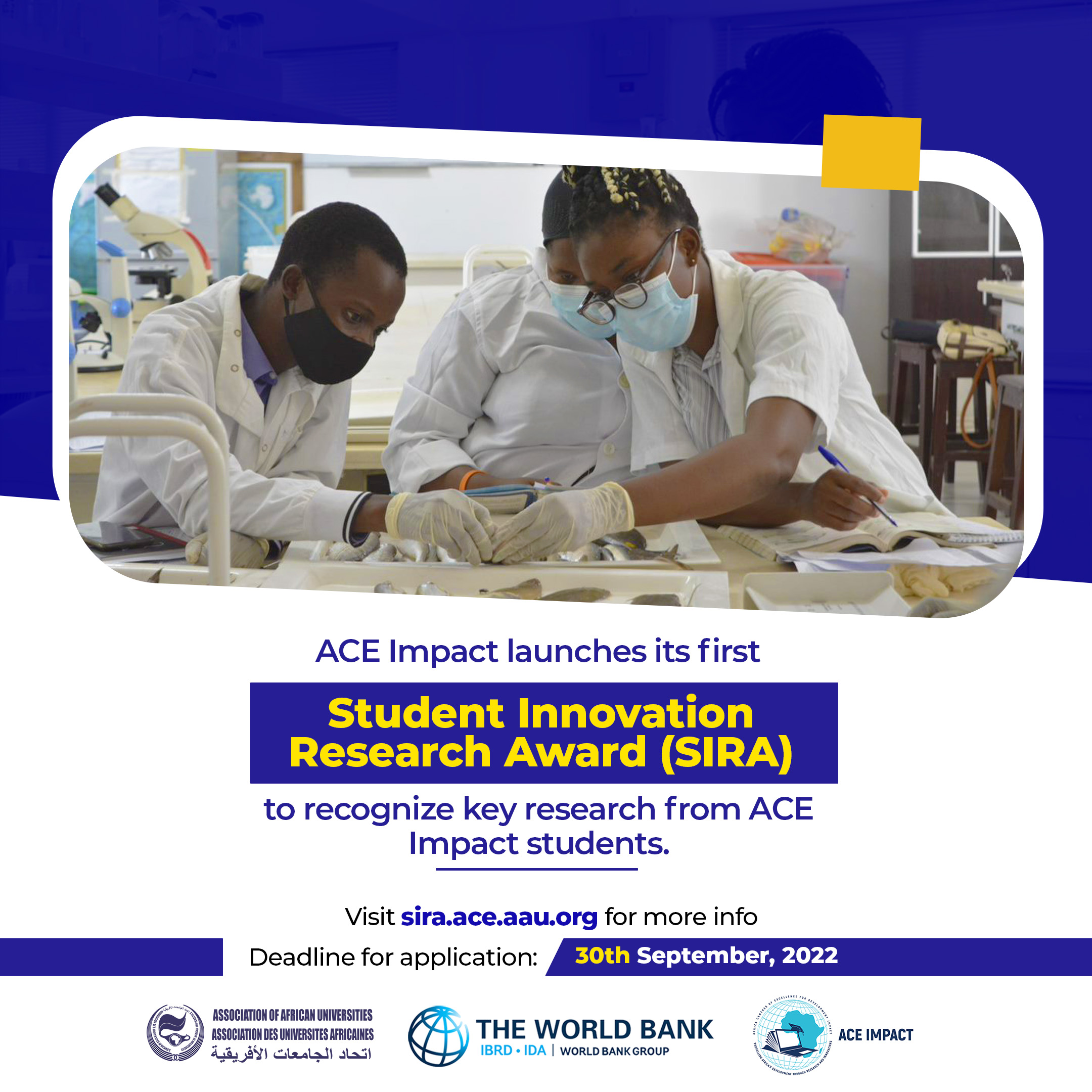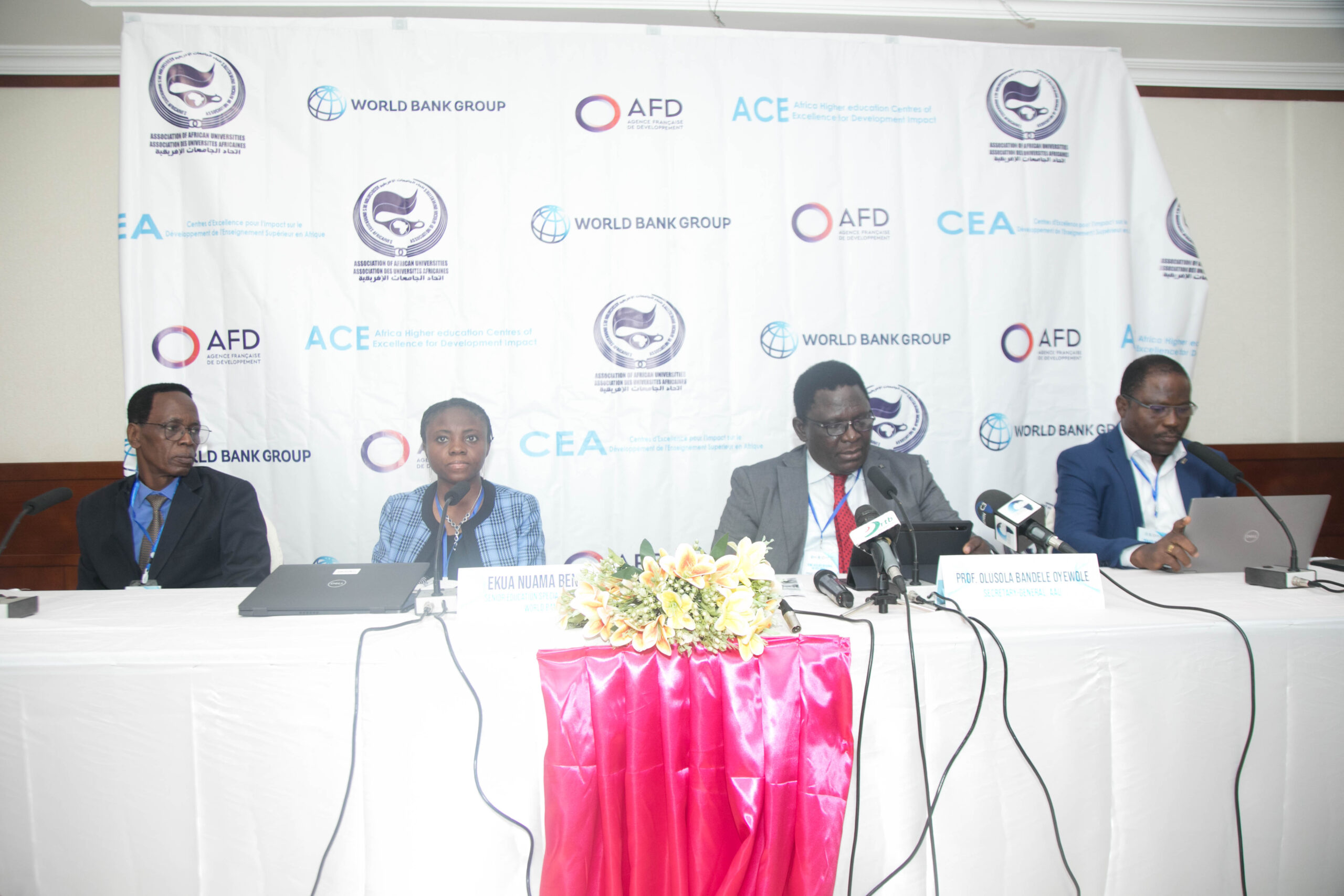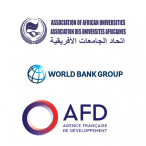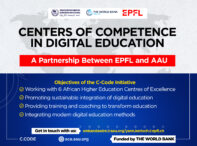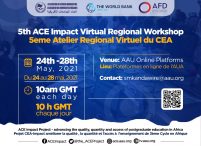Press Release-Transforming Higher Education in Africa: ACE Impact Project Reflects on Achievements as it Nears Conclusion
Accra, Ghana (October 16, 2024) – The World Bank, Agence française de développement (AFD), and the Association of African Universities (AAU) are excited to announce the 12th Africa Higher Education Centres of Excellence for Development Impact (ACE Impact) Regional Workshop, which will take place virtually on October 22, 2024, at 09:00 GMT.
The ACE Impact project, launched in Djibouti in 2019, is now in its final phase, with just eight months remaining until its closure in June 2025. As part of the project’s implementation arrangements, stakeholders convene twice annually to provide feedback, address emerging challenges, and ensure the project remains on track.
The AAU has played a pivotal role in coordinating regional activities, monitoring and evaluating project progress, building the capacity of the Centers of Excellence, and sharing best practices across participating countries. Continuing this commitment, the 12th ACE Impact Regional will bring together key stakeholders, including directors and teams from the 54 Centers of Excellence under the ACE Impact Project and representatives from their respective governments, development partners, the World Bank and AFD, Vice Chancellors, and other key higher education stakeholders from the region.
As the project approaches its closure, this workshop is crucial for consolidating the achievements made thus far and addressing any outstanding challenges to ensure the timely completion of critical activities and achievement of project objectives.
The workshop will focus on:
- Reviewing progress toward achieving project objectives.
- Providing technical and operational support to resolve challenges at the center and national levels, particularly in procurement, civil works, and fund utilization.
- Offering guidance on project closure requirements.
The 12th ACE Impact Regional Workshop will also serve as a lead-up to the celebration of the 10th anniversary of the ACE Program launched in 2014. The ACE@10 initiative, launched during the 10th ACE Impact Regional Workshop in Abidjan on October 31, 2023, honors the project’s achievements and its transformative impact on higher education across Africa over the past decade.
A closed-door Project Steering Committee meeting is scheduled to take place on October 21, 2024, prior to the workshop. This meeting will bring together government representatives and project partners to provide strategic guidance on the project’s final steps toward successful completion.
In addition to the main workshop, a series of specialized sessions focusing specifically on Monitoring & Evaluation, Finance, Procurement, and Environmental and Social Safeguards as well as country-specific roundtable discussions will take place during the month of November 2024.
Media Contact:
For media inquiries or to cover the event, please reach out to Mrs. Millicent Afriyie Adjei at makyei@aau.org
About the ACE Project
The Africa Higher Education Centres of Excellence (ACE) Project is a World Bank flagship initiative in collaboration with governments of participating countries to support Higher Education institutions in specializing in Science, Technology, Engineering and Mathematics (STEM), Agriculture, and Health. It is the first World Bank’s regional response towards higher education in Africa. The first phase (ACE I) was launched in 2014 establishing 22 Centres of Excellence in Nine (9) West and Central African countries; Benin, Burkina Faso, Cameroon, Côte d’Ivoire, Gambia, Ghana, Nigeria, Senegal and Togo. The Project aims to promote regional specialization among participating universities in areas that address specific common regional development challenges. It also aims to strengthen the capacities of these universities to deliver high quality training and applied research as well as meet the demand for skills required for Africa’s development. The second phase (ACE II) was launched in East and Southern Africa with 24 centers across Ethiopia, Kenya, Malawi, Mozambique, Rwanda, Tanzania, Uganda and Zambia.
Based on the initial successes, the World Bank and the French Development Agency (AFD) in collaboration with the African governments, launched the Africa Higher Education Centres of Excellence for Development Impact (ACE Impact) Project in 2018 to strengthen post-graduate training and applied research in existing fields and support new fields that are essential for Africa’s economic growth. The new areas include sustainable cities; sustainable power and energy; social sciences and education; transport; population health and policy; herbal medicine development and regulatory sciences; public health; applied informatics and communication; and pastoral production. There are 54 centers of excellence for the third phase, also referred to as ACE Impact.
For more information, visit https://ace.aau.org/
